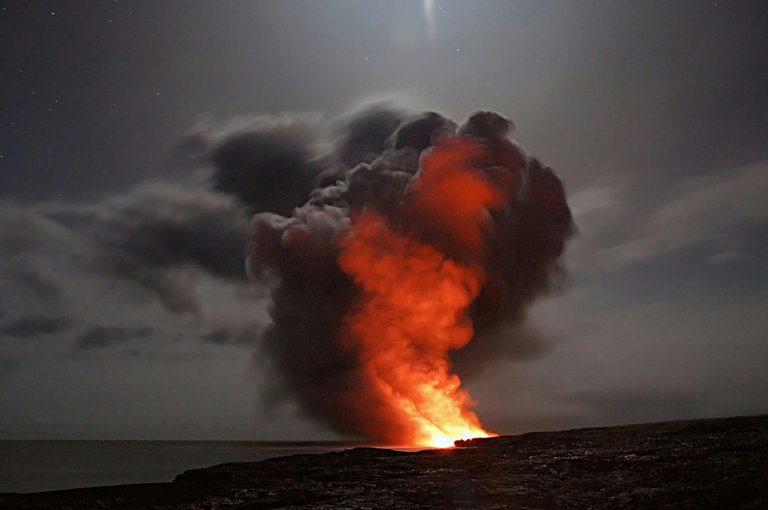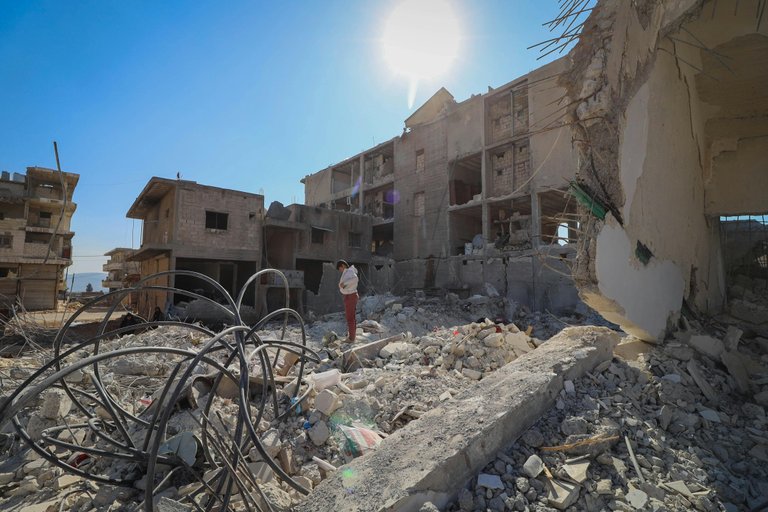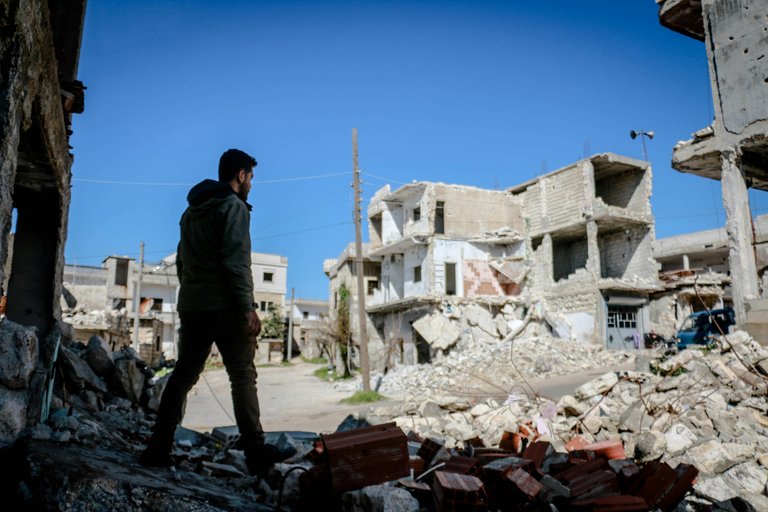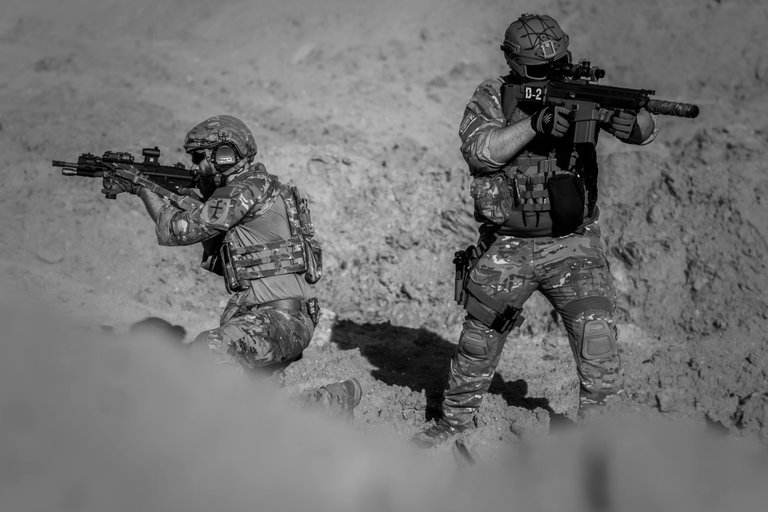Throughout history, war has been a constant force shaping human civilization. From ancient conflicts to modern warfare, the impact of war on societies, economies, and cultures has been profound. In the current global landscape, while technological advancements and diplomacy have evolved, conflicts persist, raising critical questions about humanity's progress and its future.

(Credit: pexels.com)
1. The Nature of Modern Warfare
The 21st century has witnessed a significant transformation in how wars are fought. Traditional large-scale battles between states have increasingly given way to new forms of conflict:
- Hybrid Warfare: Combining conventional military operations with cyberattacks, disinformation campaigns, and economic coercion, hybrid warfare has become a preferred strategy. Russia's conflict with Ukraine serves as a prime example, involving both military aggression and information warfare.
- Cyber Warfare: With increasing reliance on technology, nations now target critical infrastructure and communication systems. Cyberattacks on government networks, businesses, and financial systems have escalated in recent years.
- Drone and AI Technology: Unmanned aerial vehicles (UAVs) and artificial intelligence have redefined combat operations, making warfare more precise yet raising ethical concerns about automation and human accountability.
2. The Impact of War on Human Civilization

(Credit: pexels.com)
War remains a double-edged sword, often leading to destruction while simultaneously driving innovation and societal change.
- Humanitarian Crisis: Ongoing conflicts in regions such as Syria, Yemen, and Sudan have led to immense human suffering. Millions have been displaced, creating one of the largest refugee crises in history. The war in Ukraine alone has displaced over 14 million people since 2022, impacting global food and energy supplies.
- Economic Consequences: Wars disrupt global economies by inflating commodity prices and severing supply chains. The conflict in Ukraine, for instance, has led to rising costs for grain, fuel, and essential goods, affecting both developed and developing nations.
- Cultural Loss: Modern wars often target cultural heritage sites, erasing centuries of history. Cities like Aleppo and Mosul have seen irreparable damage to their historical landmarks due to armed conflict.
- Technological Innovation: Despite its destructive nature, war has historically spurred technological progress. Advancements in medicine, communication, and energy have often emerged as unintended by-products of military research.
3. The Role of Global Powers and Alliances
The balance of power continues to shift as nations navigate new geopolitical realities.
- Global Rivalries: The ongoing competition between the United States and China for technological and economic dominance has fueled tensions, including military posturing in regions like the South China Sea.
- NATO and Regional Alliances: Alliances such as NATO have been strengthened in response to global conflicts, as seen in their support for Ukraine against Russian aggression. Similarly, regional powers in Asia, Africa, and the Middle East are forming new partnerships to address local disputes.
- The United Nations’ Role: While the United Nations has played a key role in conflict resolution, its limitations are evident in situations where powerful nations wield veto power, hindering decisive action.
4. War’s Moral and Environmental Impact

(Credit: pexels.com)
Modern conflicts extend beyond the battlefield, affecting both moral values and the environment.
- Moral Dilemmas: Civilian casualties, human rights abuses, and the use of advanced weapons, including AI, raise ethical questions about the rules of war.
- Environmental Destruction: Wars have devastating impacts on the environment. Bombing campaigns, deforestation, and oil spills caused by conflict exacerbate climate change and ecological destruction, as seen in parts of the Middle East and Africa.
5. The Path to Peace
Despite ongoing conflicts, hope for peace and stability persists:
- Diplomacy and Dialogue: Global efforts to resolve disputes through negotiations, such as ceasefires and peace agreements, continue to play a vital role.
- Technological Collaboration: Innovations in technology, when used constructively, can promote development and stability, reducing the triggers for conflict.
- Global Awareness: Increased awareness and advocacy for peace through media, education, and civil society movements show humanity’s collective desire for a more harmonious world.

(Credit: pexels.com)
Conclusion
War remains a defining force in human civilization, shaping the political, economic, and moral fabric of society. While modern advancements have made warfare more precise and technologically sophisticated, the devastation it brings to humanity and the environment cannot be ignored. As global citizens, it is our collective responsibility to foster diplomacy, innovation, and understanding to build a more peaceful and sustainable future.
In a world capable of incredible technological and cultural achievements, choosing peace over conflict is the true measure of human progress.
(Pic credit: pexels.com)
@deviliclucifer